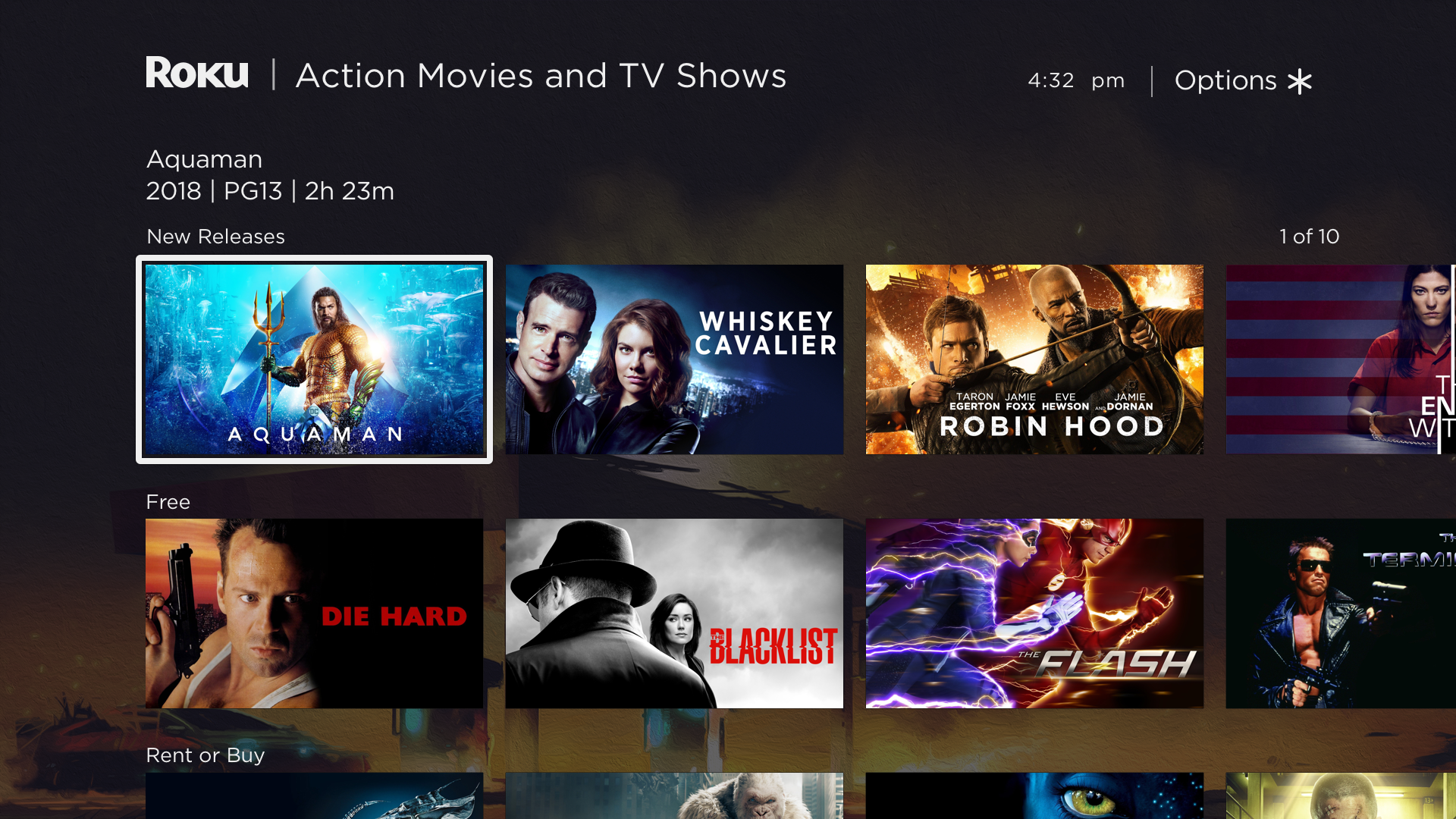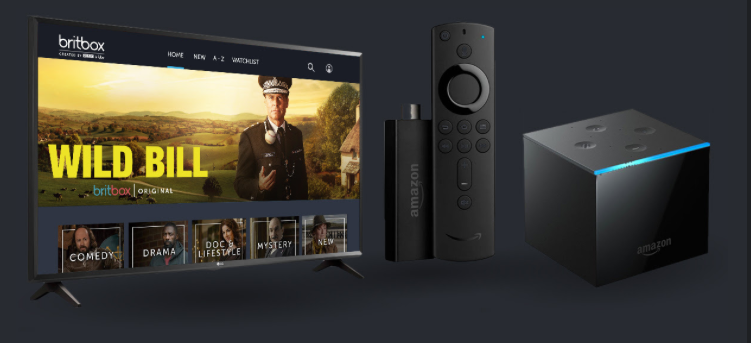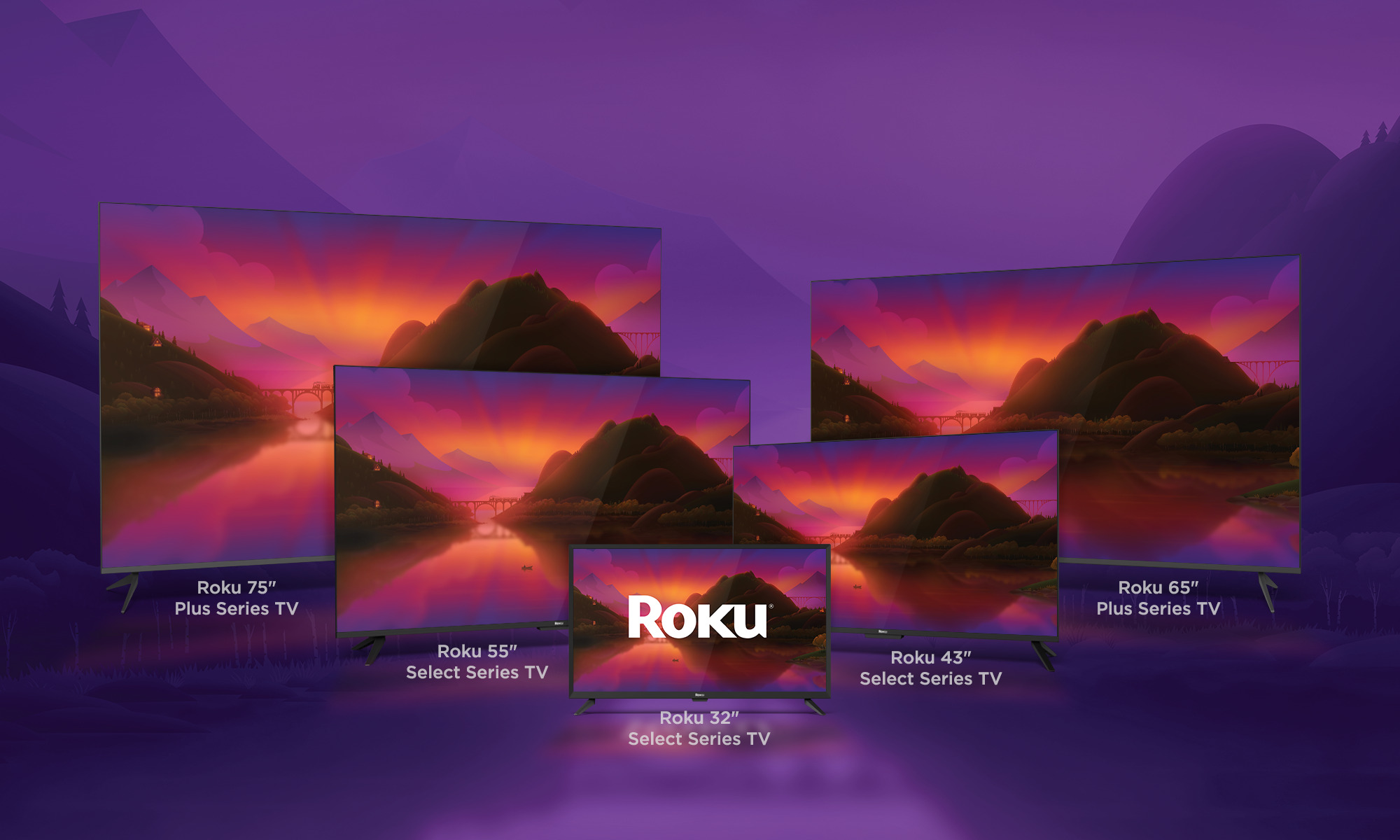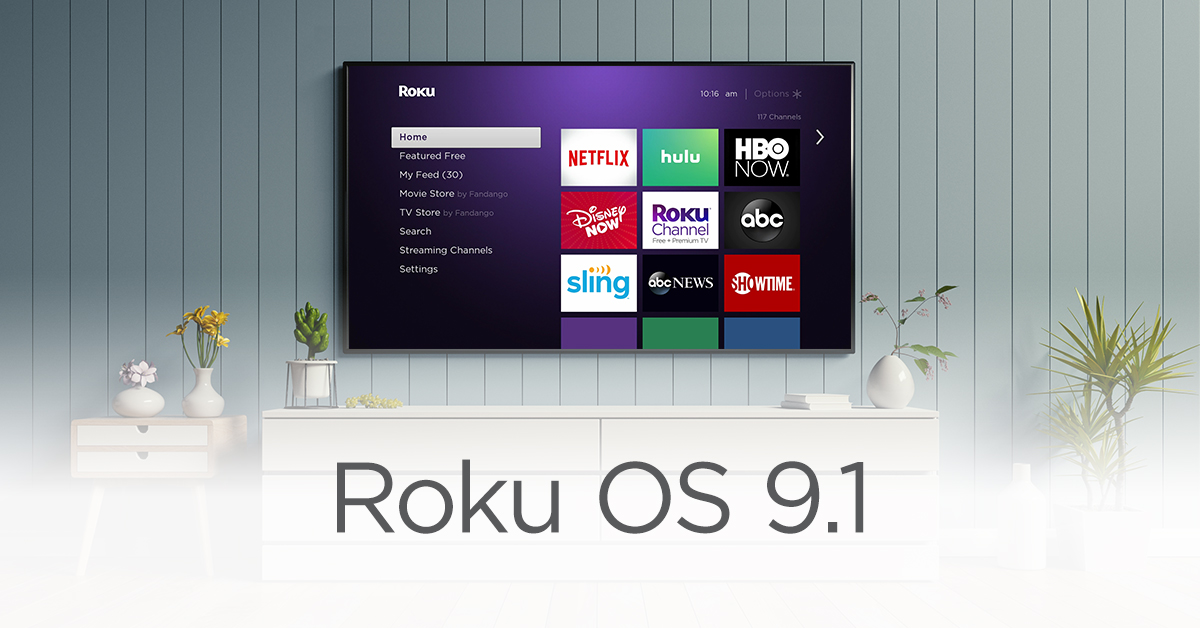Roku is not producing original TV shows or movies. Roku has not announced plans to launch a studio. Roku does not sign actors or directors to contracts. We should not expect it to. Roku is a company that promotes its platform/operating system and profits from advertising. It is not getting into the TV and movie business. Yes Protocol caught a listing for Lawyer that would handle “purchase agreements, script acquisition agreements, life rights agreements, agreements to hire writers, actors, directors and individual producers, production services agreements, below-the-line agreements including for department heads, location agreements, clearances, prop rental agreements, likeness releases and credit memos.”
What do we think Roku up to? We think it is looking to procure exclusive content on its platform. When it purchased Quibi’s content recently it got exclusive rights to the programming for 2 years. That is a big get and is more than newsworthy. Along with that purchase, Roku also acquired the rights to shows that had not been produced yet. That is an important pickup. This means that a studio can produce the content for Roku. And that Roku will own the rights exclusively for a time. Again, that is substantial. But it does not make it a Roku original production. It is a show pitched to Quibi that Roku bought.
Roku while successful enough to have a publically traded stock is a small company. Unlike Amazon which has its fingers in every pie including device manufacturing, software development, premium streaming services, live TV, and publishing along with its own production studio Roku is a growing brand that licenses TV operating systems, makes boxes, and sells ad space.
Other companies like Amazon get credit for exclusives that get misunderstood as originals. The Expanse was not an Amazon Original series. It was developed completely independent from Amazon Studios and ran for multiple seasons on TV. Amazon just picked it up and continued it. They didn’t dream it up. Star Trek Discovery on the other hand was developed by CBS All Access by way of the studios owned by the company using its own IP as an original and exclusive series.
It is a massive undertaking to produce major TV shows and movies. And many of the experienced companies behind it launch multiple failures. The position Roku is looking to fill is much more likely there to set up exclusive agreements with content providers so that it can expand the scope of the Roku Channel. It is all about control of the flow of advertising revenue, which is what has been behind most of its recent dust-ups with content providers. Locking down the rights to series pitched for Quibi would give them more monetization opportunities and be a smart move. But it does not have the infrastructure to make movies and TV shows. And if it were building something like that up there would be a lot more hires than one lawyer. There would be listings for a head of original content, Studio coordinators, and so much more. If listing such as that start showing up we will totally rethink things. But sinking millions or billions into a full-scale studio from scratch would be a high-risk move that has not worked out well for most companies who tried it. Just ask Microsoft and Google.






